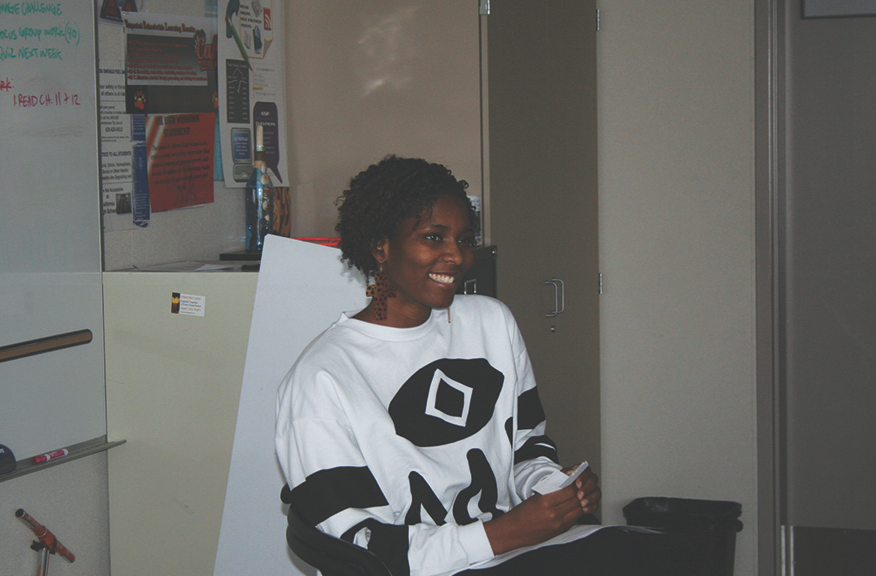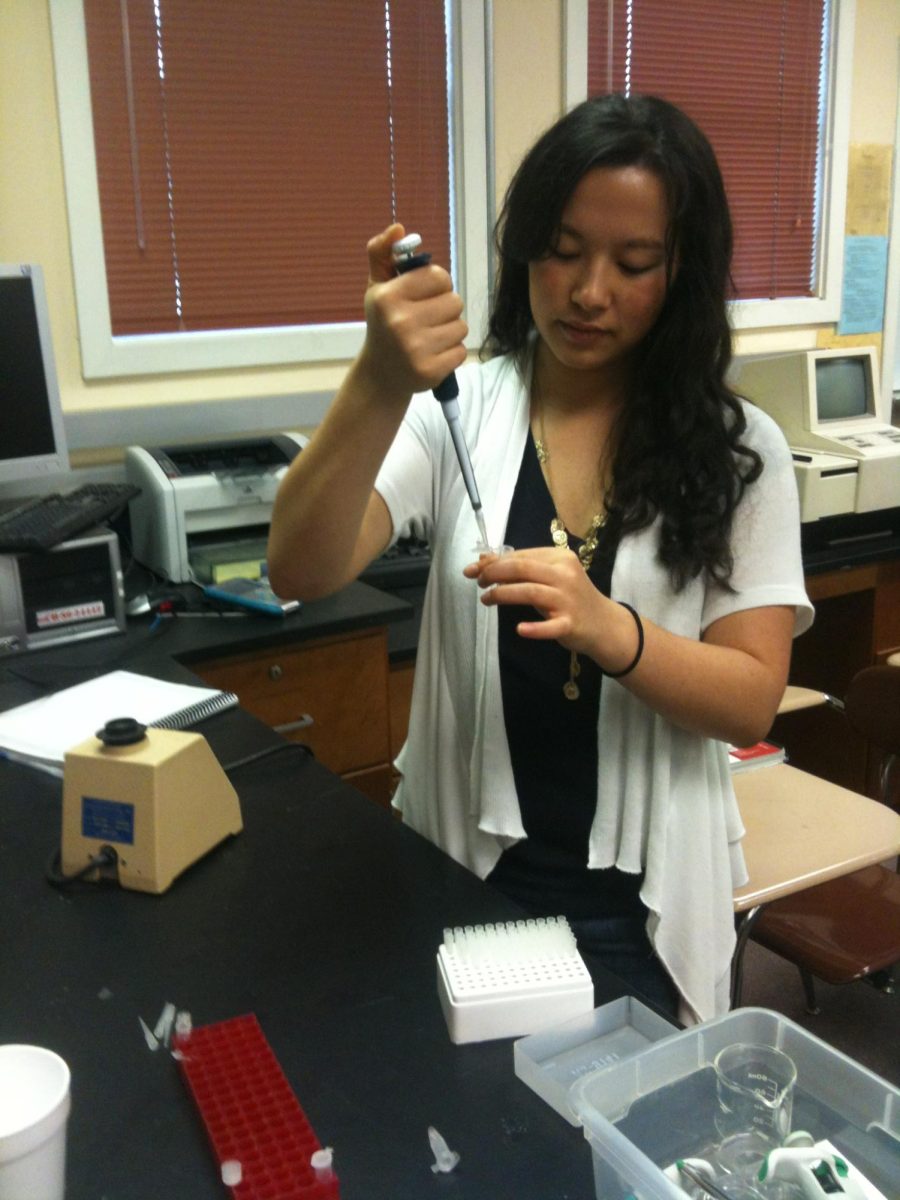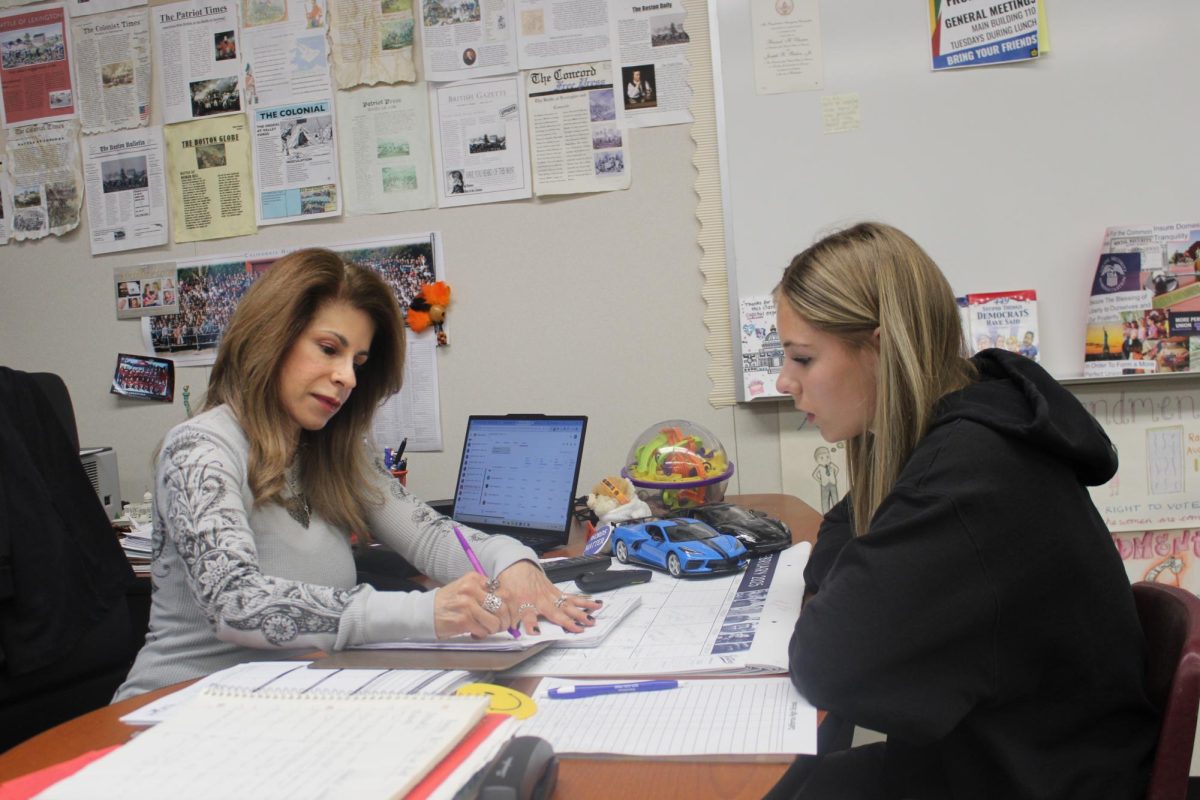In recent years, many Cal High teachers have been among those in the district to express their concerns regarding parents who anonymously file complaints about them to administrators, potentially jeopardizing their reputations and careers.
Teachers understand that parents have every right to be concerned with their children’s education, but the San Ramon Valley Unified School District protocol requires that parents must first approach a teacher or coach before contacting school administrators or the school district.
Recently, a few parents have been bypassing this procedure and approaching the district directly, sometimes even refusing to talk to the teachers at all.
While the conflict resolution protocol requires parents to speak to the teacher first, Ann Katzburg, the president of the San Ramon Valley Education Association (SRVEA), said the district cannot force parents to talk to the teachers should they wish not to.
But Katzburg said the teachers’ union has been working this school year to implement the complaint protocol more effectively than in previous years. The union has been focusing on facilitating direct conversations between parents and teachers or coaches through school administrators.
“The SRVUSD teacher representation, parent representation, and administrators got together last year, and we worked on developing a more robust process for handling complaints,” said Katzburg. “So following the conflict resolution protocol, the 101 is that you go and you speak directly with the individual.”
Parent complaints usually deal with students’ grades or, when athletics are involved, playing time. Many times, parents contact administrators demanding that their child deserves a higher grade or more playing time.
“Mostly, parents get frustrated in June, right before graduation,” said economics teacher, Mike Pottinger. “If kids don’t pass econ, they can’t graduate, so some parents complain and try to blame the teacher.”
While this is not representative of all parents, many Cal teachers cannot help but feel uneasy in these situations because the problems are not brought back to them, but rather can be sent directly to the district.
Choir teacher Lucerne Mottaz expressed these concerns.
“Parents can lodge complaints to the district anonymously,” said Mottaz. “In these cases, teachers have no rights because they can’t face the accusers and resolve the problem.”
Many complaints have also been directed toward athletic coaches as well.
English teacher and former girls basketball coach Eghosa Obaiza said she has had multiple experiences with her players’ parents going directly to administrators with their concerns about the team.
“They [parents] often went straight to the admin or the district with a list of things that they didn’t like,” said Obaiza. “I was called in by the admin and I felt like I was getting interrogated. There was no due process.”
Junior varsity basketball player Alec Hillman has noticed similar problems.
“Parents are always complaining about something,” said Hillman. “Parents just get pretty into it because they want to know how their kids are doing on the team.”
The heart of this parent-teacher issue is the lack of direct confrontation and communication between parents and teachers or coaches.
Cal Principal Mark Corti said if a parent does not want to meet with the teacher alone, administrators can offer to act as a third party to encourage communication.
“We offer to meet with the counselors or other administrators,” said Corti. “If the parents are still unwilling to talk [with the teachers], we encourage them to go through the same process again.”
Corti also said administrators have the responsibility to look into all parent concerns and deliver the results to the teachers.
“I work hard to get the responses to the teachers,” said Corti. “Teachers will always have the administration’s support should the allegations be unfounded.”
To better assess the current situations, Katzburg said the teachers union would like to collect more information and statistics.
“I’d like to start gathering data, and do some research on this so I can have a better understanding of the number of complaints,” said Katzburg. “I don’t have concrete evidence to see how often parents are complaining.”
Most teachers and staff members agree that ideally, the students themselves should solve conflicts brought up by parents. High school students should be responsible enough to talk to their teachers and coaches if a problem arises, whether it involves grades or sports.







